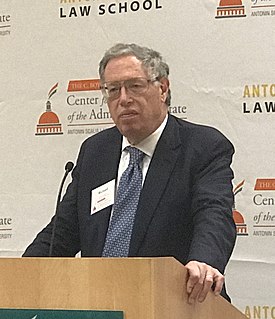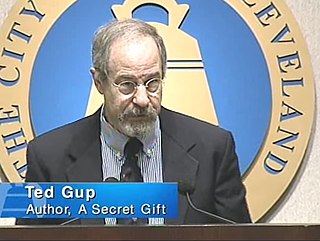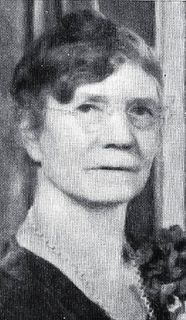A Quote by Edmund Morgan
Washington presided at the Constitutional Convention of 1787 and is often credited with its success. But he had no known part in drafting its provisions.
Related Quotes
[The Massachusetts constitution] resembles the federal Constitution of 1787 more closely than any of the other revolutionary state constitutions. It was also drawn up by a special convention, and it provided for popular ratification - practices that were followed by the drafters of the federal Constitution of 1787 and subsequent state constitution-makers.
there ought always to be a constitutional method of giving efficacy to constitutional provisions. What for instance would avail restrictions on the authority of the state legislatures, without some constitutional mode of enforcing the observance of them? . . . This power must either be a direct negative on the state laws, or an authority in the federal courts, to over-rule such as might be in manifest contravention of the articles of union.
If you look at the minutes of the constitutional convention - which we have - Madison who was the main framer, proceeded to develop a system in which - as he put it - power would be in the hands of the wealth of the nation, the more responsible set of men and who recognize the need to protect the rights of property owners. That's why in the constitutional system, the most powerful part of the whole system is the senate.
[James] Madison pointed out in the discussion of the constitutional debates - the constitutional convention - that democracy would be a danger. He used England of course as the model and said suppose that in England everyone had the free right to vote; the poor, the propertyless - who are the great majority - would use their voting power to take away the rights of property owners to carry out what we would call land reform.





































